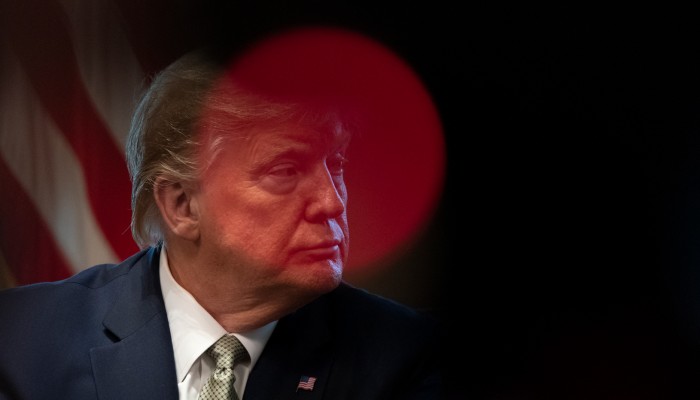Mail voting has taken on new importance as a crucial strategy for protecting voters’ safety amid the Covid-19 pandemic. As if on cue, President Trump and his surrogates have claimed that mail voting is rife with fraud, and that efforts to expand access to mail voting — like Michigan’s, for example — are illegitimate. That is incorrect: as the Brennan Center has explained, fraud in mail voting remains extremely rare, and none of the states that hold their elections primarily by mail have had voter fraud scandals since implementing the systems.
These claims of widespread fraud are nothing more than old wine in new bottles. President Trump and his allies have long claimed, without evidence, that different aspects of our elections are infected with voter fraud. Before mail voting, they pushed similar false narratives about noncitizen voting, voter impersonation, and double voting in order to enact laws that reduce turnout and discredit adverse election results.
Here are 10 of the most egregious voter fraud claims of the past five years.
